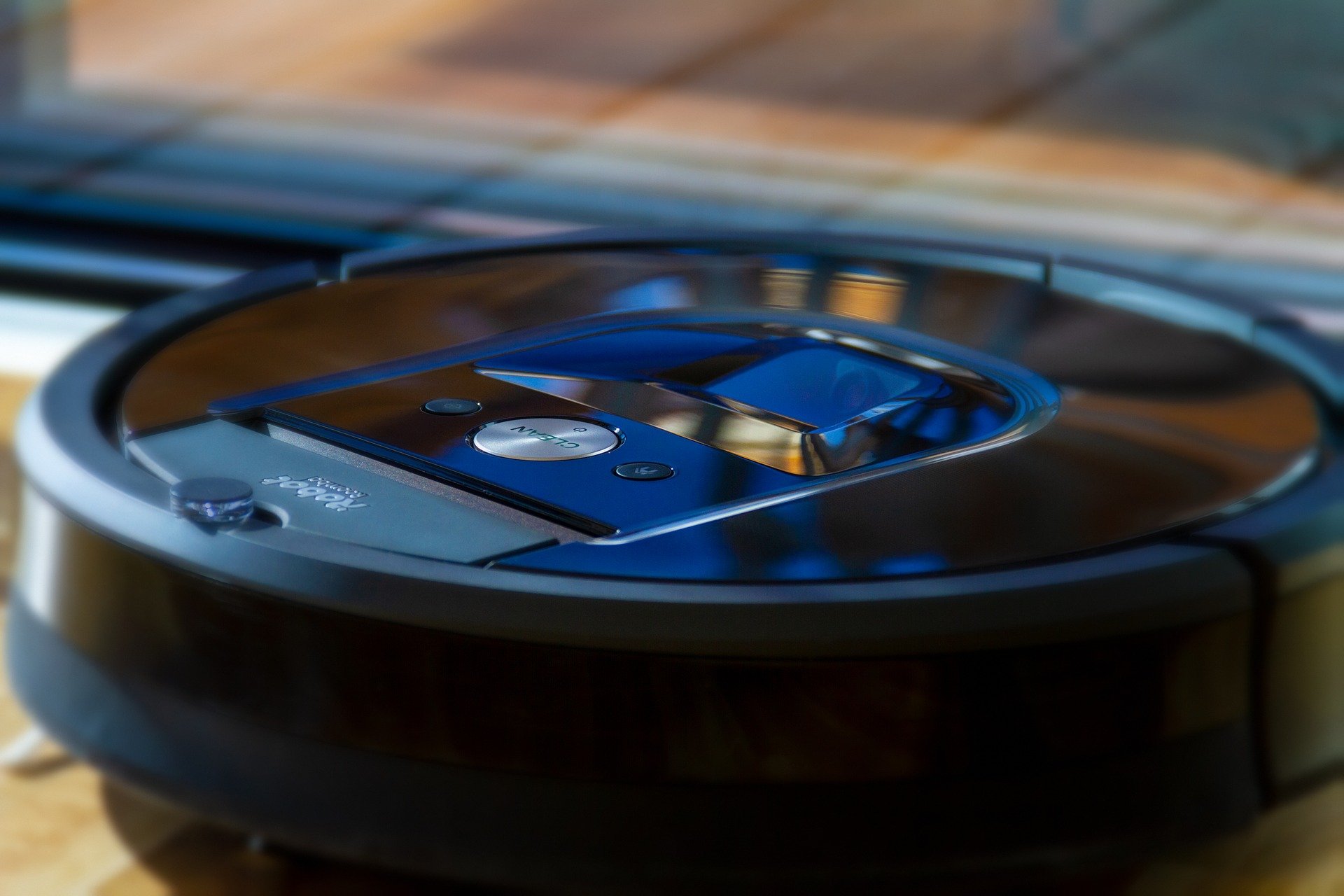New Problems, New Technologies

With new problems come new technologies and innovations. It should be no surprise that everyday tasks become more automated, robotic, and less time-consuming. Some full-time jobs are even becoming less and less necessary or completely obsolete—and it’s happening rapidly as challenges arise.
During the COVID-19 pandemic, one Japanese tech company, Softbank, sought to solve a problem: People needed to practice social distancing, yet they wanted to go out to eat. As a result, Softbank started testing out a new food-serving robot, Servi.
"Servi will act as a waiter, with the ability to carry food and drinks from the kitchen to tables. It will use 3D cameras and LIDAR technology to navigate around tables and customers, the same technology used by autonomous vehicles,” according to an article in Business Insider Australia. “It officially launches in Japan in January but has already been tested by some restaurants as a way to offer contactless service, including Denny’s."
Softbank has come out with numerous robots, including "Pepper," a human-like robot used as a greeter and an aid to social distancing in German grocery stores.
Technology has also replaced everyday chores.
Consider a household favorite, iRobot. The high-end cleaning product started off as a robot used for military and defense operations, designed to dispose of bombs, gather data in dangerous conditions, and detect underwater pools of oil. It is now, according to an article in China Daily, also used to clean "based on the user's habits and personal preferences, enabling a smarter and more efficient customer experience, and provides greater insight into the robot's cleaning performance."
As challenging and time-consuming tasks occur in our day to day lives, we find ways to repurpose technologies to solve our problems.
"The smart home industry is now developing by leaps and bounds, thanks to advances in the internet of things, big data and other technologies," said Zhang Yanbin, quoted in the aforementioned China Daily article. While the robot vacuum remains the norm, other tech firms like Midea Group and Ecovacs Robotics are looking to beef up the efforts of R&D navigation technology.
It’s another example of how problems, new or old, drive innovation.


